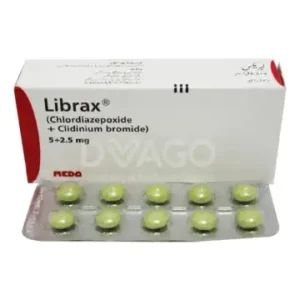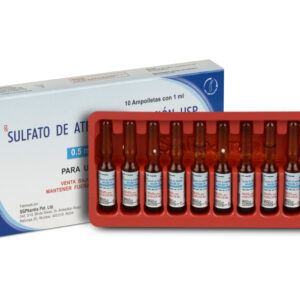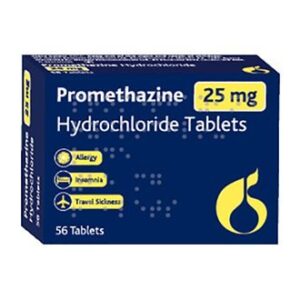-
Chlordiazepoxide + Clidinium Bromide.
Chlordiazepoxide + Clidinium Bromide:
Applications:
- Used to treat irritable bowel syndrome (IBS) and other gastrointestinal disorders with spasm or pain.
- Helps manage anxiety and agitation associated with gastrointestinal conditions.
Side Effects:
- Drowsiness, dizziness, and blurred vision.
- Dry mouth, constipation, and urinary retention.
This combination helps reduce symptoms of both gastrointestinal discomfort and anxiety, though it can cause sedation and other common side effects like dry mouth. Be cautious when operating machinery or driving.
Br120.00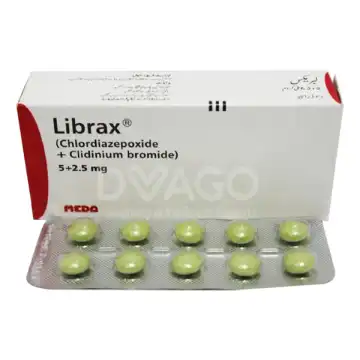
Chlordiazepoxide + Clidinium Bromide.
Br120.00 Select options This product has multiple variants. The options may be chosen on the product page -
Atropine Sulphate
Applications:
-
Pre-Anesthesia: Reduces saliva and respiratory secretions before surgery.
-
Bradycardia: Emergency treatment for abnormally slow heart rate.
-
Poison Antidote: Countacts organophosphate or nerve agent poisoning.
-
Ophthalmic Use: Dilates pupils for eye exams or inflammation treatment.
-
GI Disorders: Relieves spasms in irritable bowel (rarely used today).
Side Effects:
-
Common: Dry mouth, blurred vision, rapid heartbeat, dizziness.
-
Serious:
-
Hallucinations/confusion (high doses)
-
Urinary retention
-
Glaucoma attacks (with eye drops)
-
Dangerous tachycardia (overdose)
-
Note:
-
IV/IM use only in emergencies (hospital/EMS).
-
Reverses life-threatening cholinergic toxicity (e.g., pesticide poisoning).
Br120.00
Atropine Sulphate
Br120.00 Select options This product has multiple variants. The options may be chosen on the product page -
-
Aprepitant
Applications:
Chemotherapy-Induced Nausea/Vomiting (CINV): Prevents acute/delayed nausea from highly emetogenic chemo (e.g., cisplatin).
Moderately Emetogenic Chemo: Used with dexamethasone + 5-HT3 blockers (e.g., ondansetron).
Postoperative Nausea/Vomiting (PONV): Alternative for high-risk surgeries (less common).Side Effects:
Common: Fatigue, hiccups, constipation, headache, loss of appetite.
Serious (Rare):-
Liver toxicity (elevated LFTs).
-
Hypersensitivity (rash, anaphylaxis).
-
Drug interactions (CYP3A4 inhibitor—affects warfarin, birth control, some chemo drugs).
Note: Avoid with pimozide (QT prolongation risk). IV form (fosaprepitant) available.
Br120.00
Aprepitant
Br120.00 Select options This product has multiple variants. The options may be chosen on the product page -
-
Fosaprepitant
Fosaprepitant is an antiemetic used to prevent nausea and vomiting caused by chemotherapy.
Applications:
-
Prevents acute and delayed nausea/vomiting from highly emetogenic chemotherapy.
-
Often used in combination with other antiemetics (like dexamethasone and a 5-HT3 antagonist).
Side Effects:
-
Common: fatigue, headache, hiccups, and constipation.
-
Serious (rare): infusion site reactions, allergic reactions, liver enzyme elevation.
Brands: Emend (IV).
Br120.00
Fosaprepitant
Br120.00 Select options This product has multiple variants. The options may be chosen on the product page -
-
Promethazine Hydrochloride
Promethazine Hydrochloride is an antihistamine with antiemetic, sedative, and anticholinergic properties.
Applications:
-
Treats nausea, vomiting, and motion sickness.
-
Used as a sedative or for allergy symptoms.
-
Sometimes used pre/post-surgery for nausea control.
Side Effects:
-
Common: drowsiness, dry mouth, dizziness.
-
Serious (rare): respiratory depression (especially in children), severe tissue damage if injected improperly.
Br120.00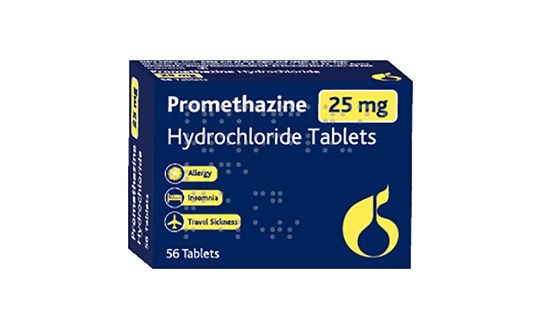
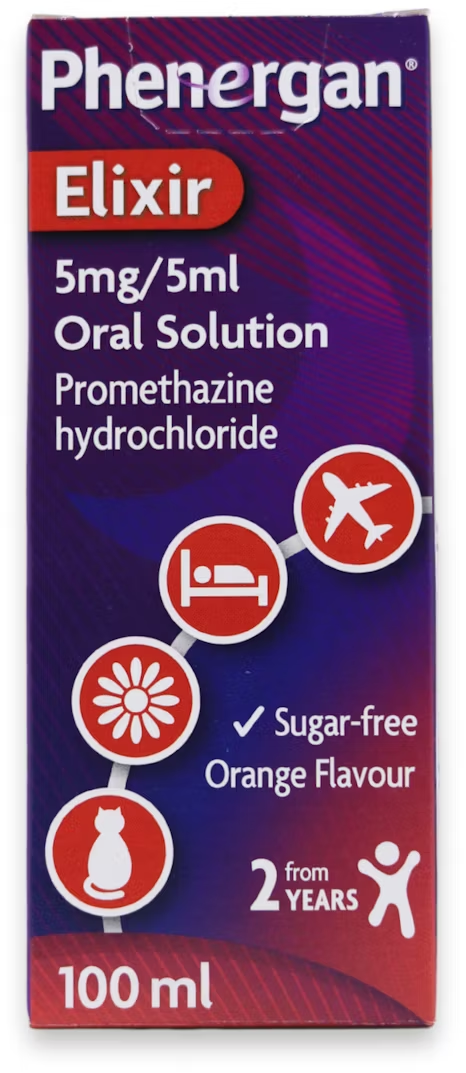
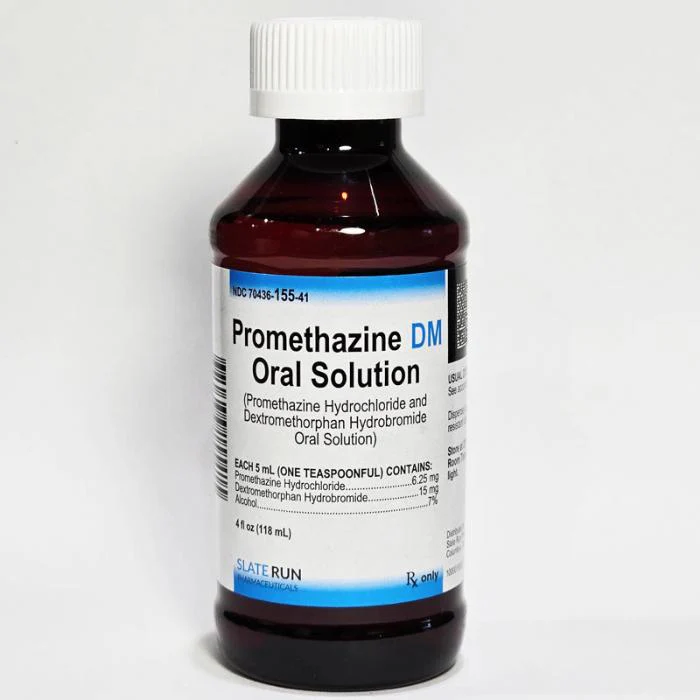


Promethazine Hydrochloride
Br120.00 Select options This product has multiple variants. The options may be chosen on the product page -

